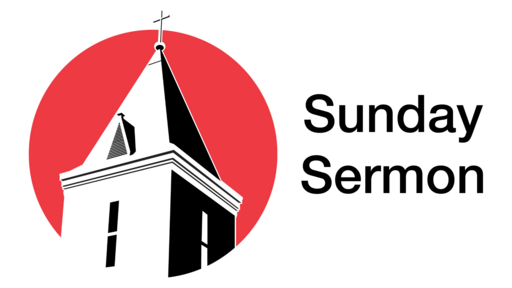Bible Study, Live!

Notes
Transcript
3 questions
3 questions
What’s in the text?
Why did the writer say this?
What does it mean for me?
*** Image: Blown away by knowledge
*** Image: Person looking for treasure
*** Look for “Drop some knowledge” to illustrate our conviction that sometimes we just want the Lord to hit us on the head with truth, without looking for it
Mark 12:30 (NRSV)
[Y]ou shall love the Lord your God with all your heart, and with all your soul, and with all your mind, and with all your strength.’
My child, if you accept my words and treasure up my commandments within you,
making your ear attentive to wisdom and inclining your heart to understanding;
if you indeed cry out for insight, and raise your voice for understanding;
if you seek it like silver, and search for it as for hidden treasures—
then you will understand the fear of the Lord and find the knowledge of God.
What’s in the text?
Depending on the size of the passage you’re studying, you can summarize verses, paragraphs, or chapters.
The Lord is my shepherd, I shall not want.
He makes me lie down in green pastures; he leads me beside still waters;
The Lord, my shepherd
Green pastures, still waters
Restores, leads on paths
Fearless, he’s with me
Table prepared, head anointed
Goodness, mercy, God’s house
The Lord as shepherd
The Lord as host
What’s in the text?
What are the qualities of a shepherd and a host that the writer draws attention to?
The Lord is my shepherd, I shall not want.
He makes me lie down in green pastures; he leads me beside still waters;
he restores my soul. He leads me in right paths for his name’s sake.
Even though I walk through the darkest valley, I fear no evil; for you are with me; your rod and your staff— they comfort me.
You prepare a table before me in the presence of my enemies; you anoint my head with oil; my cup overflows.
Surely goodness and mercy shall follow me all the days of my life, and I shall dwell in the house of the Lord my whole life long.
2. Why did the writer say this?
Why does the text describe God as it does? Why does the writer use these two images?
The writer speaks of God as “he,” which indicates an intent to witness to others about what God is like. “He makes me lie down in green pastures; he leads me beside still waters; he restores my soul.”
The writer addresses God as “you,” which indicates a type of prayer. “You are with me.” “You prepare a table before me.”
These verses testify to God’s nature to those who listen, and constitute a kind of prayer. The writer wants us to know how he has experienced the living God.
*** N/S. We’ve looked briefly at 1) What’s in the text, and 2) Why did the writer say this.
3. What does this mean for me (or the world, my family, the church, etc.)?
Having looked at what the text says and why the writer chose to say these things, we can turn to ways these truths affect us.
We are not sheep without a shepherd—We have a shepherd.
God gives daily bread, living water, restoration. And God gives these things so that my life might bring glory to his name.
I may well go through a dark valley. But I will never go through even the darkest valley alone.
God is not ashamed to acknowledge me, to invite me to his table, to show me divine hospitality, even in the presence of enemies.
God’s goodness and mercy will follow me throughout life. This doesn’t mean I won’t pass though the valley of the shadow of death!! But even in the valley, the One who is goodness and mercy accompanies me.
